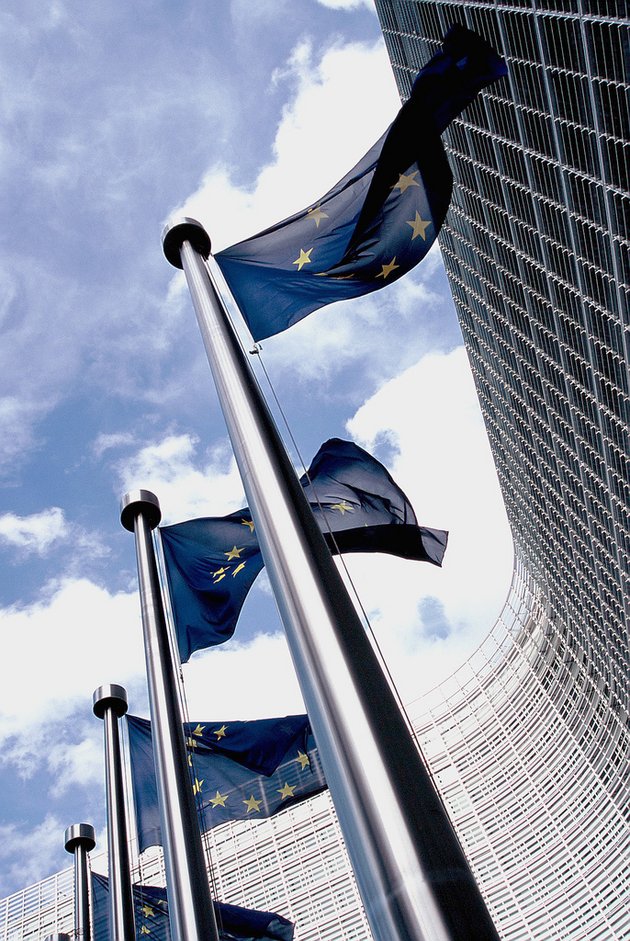
Statement on visa-reciprocity by the European Tourism stakeholders
On 2nd March the European Parliament adopted a Resolution calling on the European Commission to take measures temporarily reintroducing visa requirements for US citizens, given that the US still does not grant visa-free access to nationals of five EU countries, notably Bulgaria, Croatia, Cyprus, Poland and Romania.
The undersigned stakeholders, representing the wider European tourism sector and stakeholders with an interest in tourism share serious concerns regarding the introduction of a visa requirement for US nationals.
We fully understand and value the visa waiver reciprocity mechanism embedded in European legislation to ensure that all nationals of Member States part of Schengen can benefit on equal terms from exemption of visa requirement.
Therefore, we are very concerned about the economic and political impact of a suspension of visa waiver for US nationals.
US travellers contribute substantially to the European economy. Currently, travellers from the US account for the largest percentage of all extra-European arrivals. European destinations have seen visitor numbers from the US grow, with arrivals from the market reaching 27.5 million tourists[1]. US visitors spent more than $54 billion[2] during their stay in 2014.
Making it more difficult for US citizens to travel to Europe will deprive the European travel and tourism sector of essential revenue, and put thousands of European jobs at stake in one of the few sectors which experiences a strong growth in employment. This would be contradicting with the European Commission’s agenda for growth and jobs.
Suspending the visa waiver for the US citizens would also have a substantial impact on the EU's external relations with the US and would very likely lead to significantly negative impacts for the EU without bringing full visa reciprocity for all EU citizens. Suspending the visa waiver would rather deteriorate than improve situation for citizens and businesses on both sides of the Atlantic.
With this in view, we call on the European institutions to continue further talks with the US administration to gradually lift visa requirements for the remaining EU nationals. Before any legislative initiative to lift the visa waiver for US nationals proceeds further, a thorough economic and political impact assessment should first be completed and considered.
Background
In April 2014, the European Commission was notified that five countries were not meeting their obligations towards the EU with regard to reciprocity of visa-free travel: Australia, Brunei, Canada, Japan and the US. Australia, Brunei and Japan have since lifted their visa requirements for all EU citizens and Canada will do so in December this year.
However, citizens of Bulgaria, Croatia, Cyprus, Poland and Romania still cannot enter US territory without a visa, while US citizens can travel to all EU countries visa-free.
According to the visa reciprocity mechanism embedded in EU legislation, if a third country does not lift its visa requirements within 24 months of being notified of non-reciprocity, the EU Commission must adopt a delegated act - to which both Parliament and the Council may object - suspending the visa waiver for its nationals for 12 months.
The EP adopted a Resolution on 2nd March calling on the European Commission to comply with its obligation to adopt a delegated act suspending the visa waiver for US nationals.
----------------------------
[1] Source: Tourism Economics. European Tourism In 2016: Trends & Prospects Quarterly Report (Q4/2016).
[2] Source: U.S. Department of Commerce, National Travel and Tourism Office from the Bureau of Economic Analysis, October 2015
List of signing organisations/ associations
Statement on visa reciprocity by European tourism stakeholders